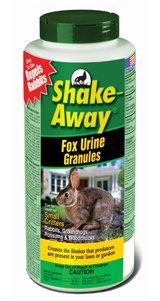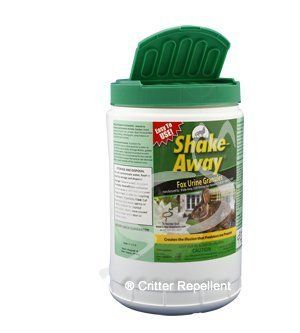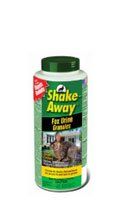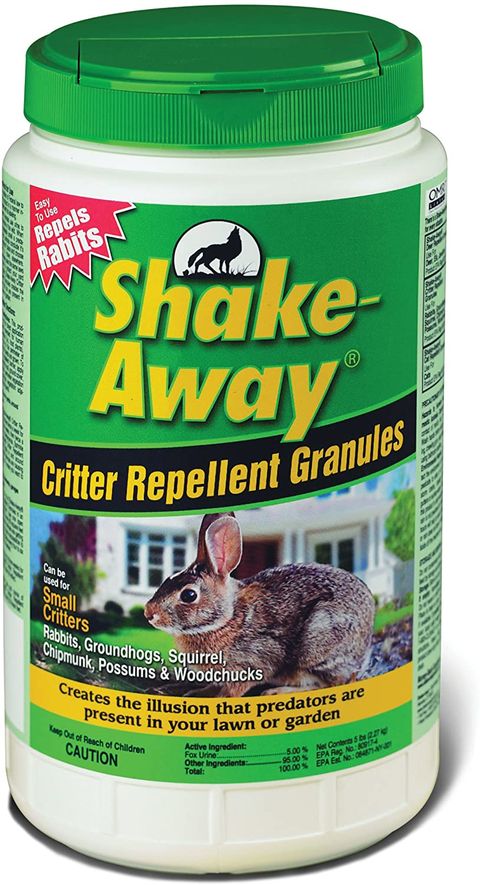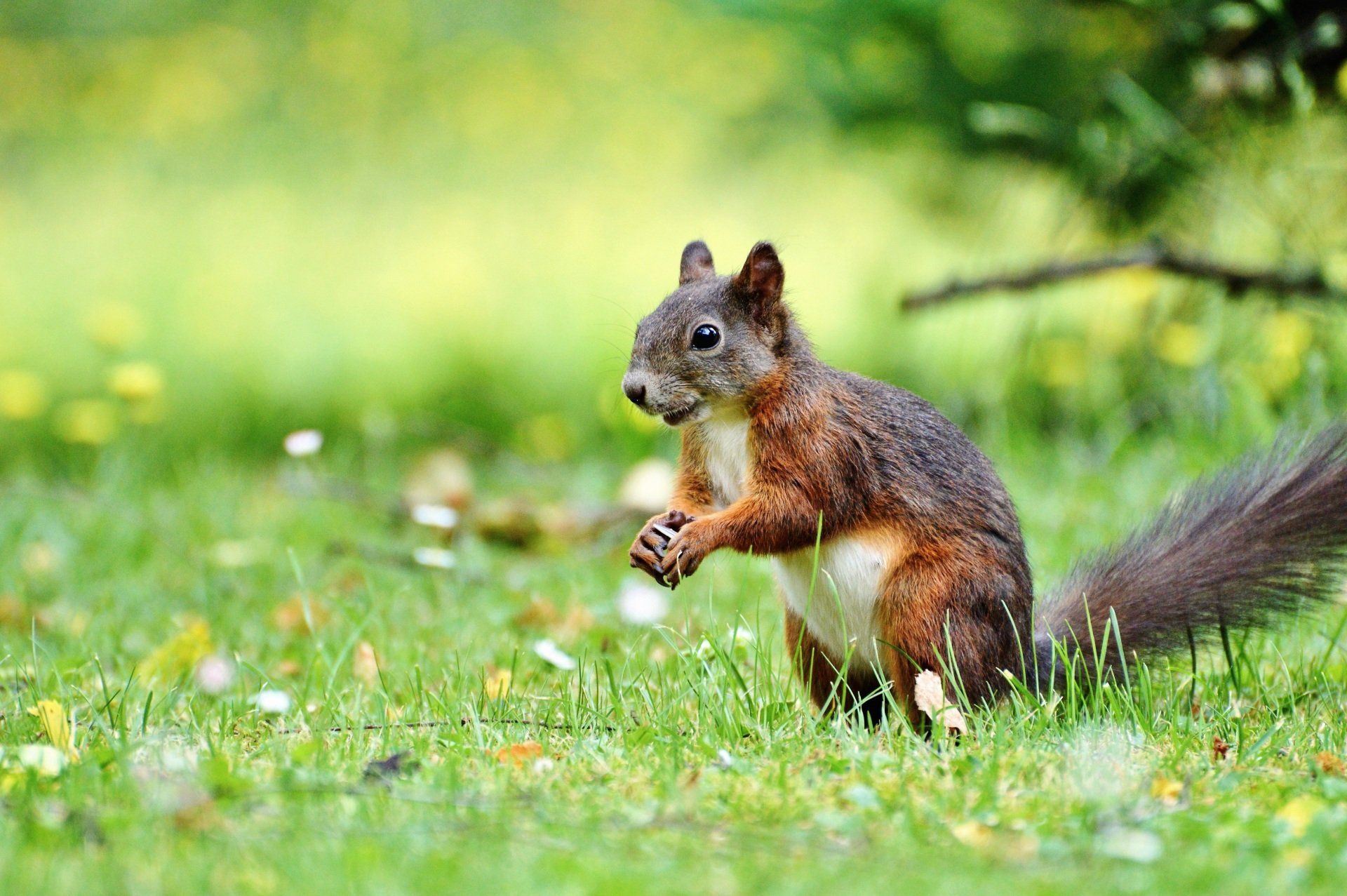- Home
- About Us
- Animal Solutions
- Armadillo Repellent From Shake-Away
- Domestic Cats Repellent From Shake-Away
- Mouse Repellent From Shake-Away
- Mole Repellent From Shake-Away
- Rat Repellent From Shake-Away
- Rabbit Repellent From Shake-Away
- Raccoon Repellent From Shake-Away
- Chipmunk Repellent from Shake-Away
- Gopher Repellent From Shake-Away
- Porcupine Repellent From Shake-Away
- Vole Repellent From Shake-Away
- Skunk Repellent From Shake-Away
- Deer Repellent From Shake-Away
- Squirrel Repellent from Shake-Away
- Groundhog Repellent From Shake-Away
- Possum Repellent From Shake-Away
- Shrew Repellent From Shake-Away
- Woodchuck Repellent From Shake-Away
- Products
- Review
skunk-repellent
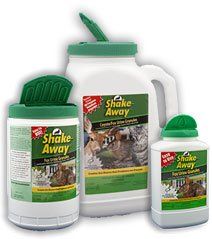
Easy to use Skunk Repellent Infused with the Strongest Force in Nature, gets rid of Skunk, Guaranteed!
Easy to use Shake-Away Skunk Repellent is infused with the Strongest Force in Nature, gets rid of Skunks...Guaranteed!
The strongest force in nature is something every skunk is born with - Instinctive Fear of Predators.
Our Skunk Repellent is the one and only product of it’s kind to contain the genuine territorial marking tool of the skunk's most feared predator, the fox. That marking tool is fox urine. Yep. The real thing, in shakeable granular form. Click here to find the right size product for your problem.
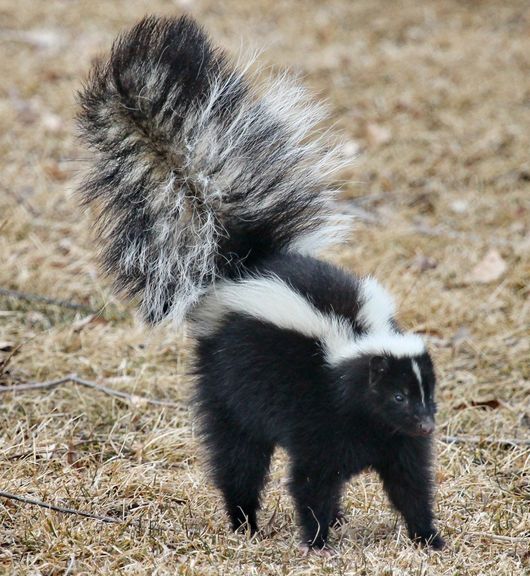

The Benefits of Shake-Away Skunk Repellent

Let's Find the Right Animal Repellent Product for You!
In 2 Easy Steps
we will recommend the best Shake-Away All Natural Repellent for You! Make your selections from the drop down options below and you are done!

Where is Your Problem Animal Located?
How large of an area do you need to protect from your problem animal?
OR SELECT YOUR PRODUCT HERE

Over 2 Million Customers!

How to Use Shake-Away Animal Repellent
Have a question? Visit Our FAQ
The Latest from Our Blog:

By Adrian Nita
•
08 May, 2024
Living alongside pests is not something we humans take kindly; there’s something peculiarly unsettling about sharing our home with other creatures that are neither pets nor guests. The discomfort of dealing with infestations often drives us toward quick-fix solutions, mostly in the form of powerful chemicals. However, a deeper understanding of the risk factors associated with toxic pest control chemicals might stir us to reconsider this approach. There are plenty of natural alternatives that not only do the job effectively but also can evade any potential harm to you or your loved ones. What Do Pest Control Chemicals Actually Contain? Most pesticides often contain hard to pronounce ingredients that can leave even harder impacts on our health and environment. Chemicals like permethrin, bifenthrin, or imidacloprid may not ring a bell. But let’s simplify it and say that these potent substances are designed to incapacitate and kill pests effectively. The issue? Pests don’t live exclusively in your garden or the dark corners of your attic or basement. They come into our personal space –– on our kitchen counters, under our beds, inside our drawers…the list is endless. This means that pest control chemicals often end up where we live and breathe. So, what does this actually mean for us? Health Risks Linked with Toxic Pest Control Chemicals The reason behind toxicity warnings on many pest control products isn’t lore or legend; there’s actually some substance to it all. According to a study done by Cogent Medicine , prolonged exposure to potent substances like organophosphates may result in health complications ranging from mild skin irritations all the way up to serious neurological and reproductive issues. Children are particularly susceptible, as these chemicals can interfere with the nervous system’s development. Symptoms like dizziness, nausea, headaches, or even seizures can occur if these toxic pesticides get into your bloodstream. In serious cases, exposure can lead to longer-term health problems like cancers and endocrine system disruptions. And then there’s also the potential damage they might do to your beloved pets. They may experience vomiting, tremors, or even worse if they’re exposed to these chemicals. Ecological Impact of Toxic Pest Control Chemicals Pest control measures not only wreak havoc on human and pet health but also significantly impact our environment. The chemicals used in many pesticides can contaminate the soil, water, and air around your home. To make matters even worse, these substances are not quick to break down. They tend to accumulate over time gradually creating a toxic environment for other creatures who share our ecosystem. From insects essential for pollination to birds and aquatic animals, all of these are in danger. Natural Pest Control Alternatives With all these health risks, it doesn’t mean we must resign ourselves to living alongside pests. Natural pest control alternatives are not just safe but often equally effective against unwanted pests in your home. Here are a few natural solutions you may want to consider: Beneficial insects : You can introduce natural predators into the environment to combat pests in your garden or outdoor spaces. Parasitic wasps for aphids or ladybugs for mites and whiteflies are some good examples of this strategy. Diatomaceous earth : Composed of fossilized algae, this fine powder is as lethal as it is organic against a wide array of insects. If you’re dealing with bed bugs, roaches, or ants, the sharp microscopic particles cut through their exoskeletons like glass shards do to our skin. Essential oils : It’s not just about a pleasant fragrance; many essential oils also serve as efficient deterrents to pests. Peppermint, eucalyptus, lavender, and tea tree oils have all shown promising results against a variety of pests and also act as natural fly repellents that actually work. Physical barriers : For certain types of pests, such as slugs and snails, a simple but strategically placed barrier could work wonders. A copper tape around plant pots will irritate these creatures’ slimy undersides enough to make them turn back. Homemade traps : Crafting homemade traps is a simple yet efficient method that can be surprisingly effective for managing pests. For example, try using some ripe fruit in a jar to trap flies or adhesive traps lined with food particles to catch cockroaches. Homemade solutions : A little online research opens up a world of homemade sprays and solutions that can deter pests. For example, a simple soap and water solution can be sprayed directly on flies, aphids, or other insects to dehydrate them. You can also create a mixture of hot pepper or vinegar to repel insects. Planting specific plants : Some plants naturally give off scents or produce chemicals that deter pests. Incorporating these plants into your home garden, landscaping, and outdoor living areas can be an effective natural pest control measure. Basil, lemongrass, mint, lavender, and marigold are just some examples. Going Green Against Pests As Theodore Roosevelt said: "Do what you can, with what you have, where you are." So, the next time you have a pest problem, give these natural alternatives a shot. Not only are they healthier and more sustainable, but you’ll also have the satisfaction of watching pests scurry away from the wholesome power of nature.

All of our orders are carefully packed and shipped FAST by Amazon Fulfillment Service. You can feel confident that your product will be delivered quickly and safely!
All Animal Repellents:

